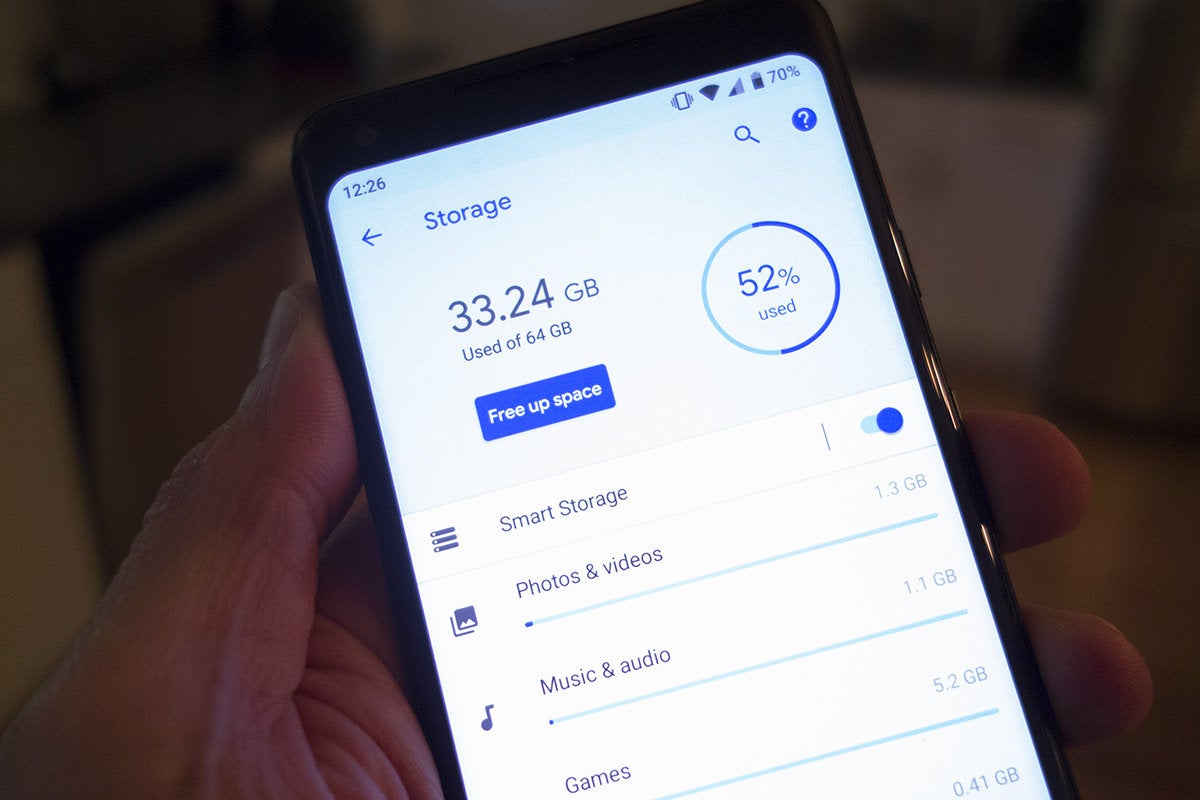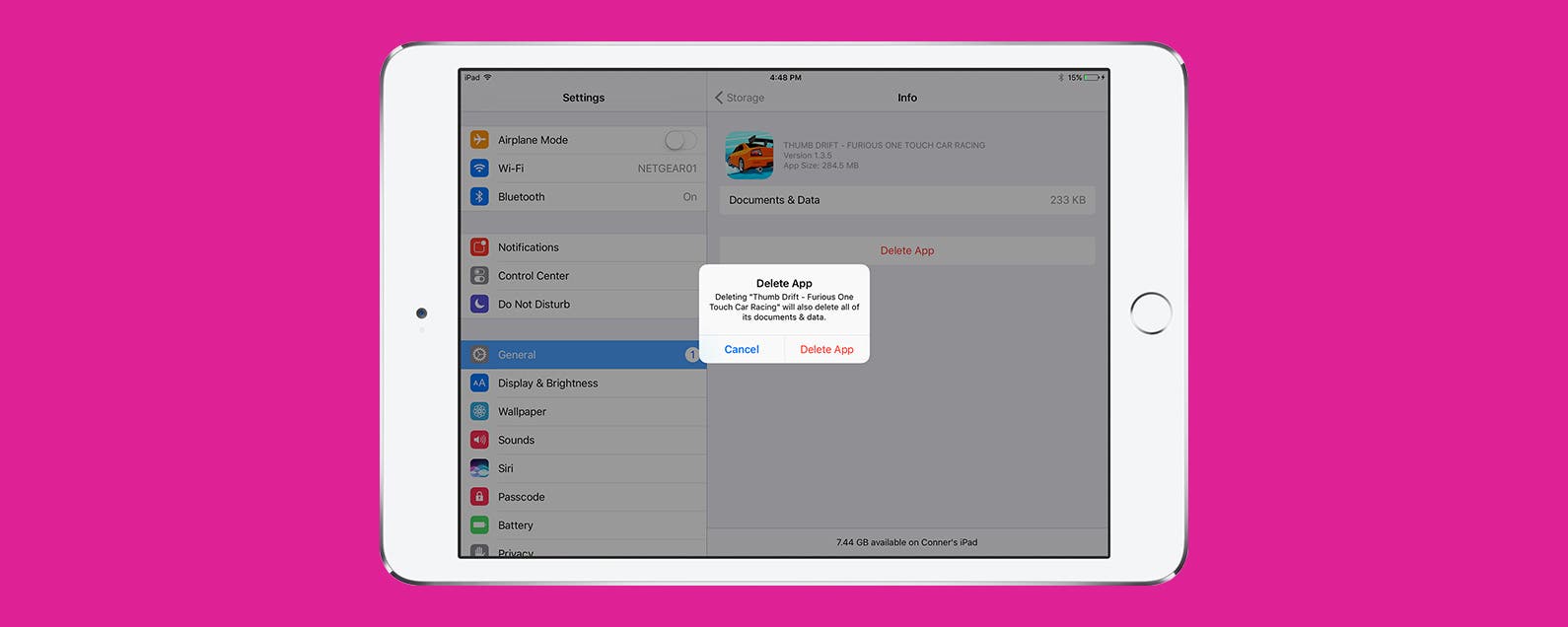Maybe you fall victim to those ongoing “almost out of storage” notification messages that interrupt your every move on your screen time?
This article will list handy ways you can free up storage on your iPhone or Android device so that you can make room for more and become less annoyed.
Shifting data to an external hard drive will free up iCloud storage space and can save you money on your cloud storage subscription over the long term. Clean up iCloud Drive. These files can be removed to free up more storage on your phone. If you are a Telegram user and wanted to free up storage, here’s how to remove the Telegram cache in a few simple steps. Removing apps is a quick-and-simple way to free up space. You can always grab them again later if you want to. Employ the services of a smart Android Management tool such as Syncios Mobile Manager (free) to clear up useless apps with app data and game save, backup apps to your pc to release phone storage. Sometimes the files can get corrupted and take up more space than they should. The easiest way to clear this out is to back up your data and restore your phone on iTunes. Go to iTunes and save a backup of your phone’s data to your computer by selecting Back Up Now. Then choose to Restore iPhone.
Check How Much Storage Space Is Left On Your Phone
It’s important to consistently keep track of your available storage space on your phone, even if you don’t receive the pesky notifications.
How to check storage space on your iPhone:
Go to Settings -> General -> iPhone Storage. There, you’ll see a list of installed apps and the amount of storage they use up. Simply tap the app’s name to see more storage information.
How to check storage space on your Android:
Go to Settings -> Storage. There, you’ll see a list of installed apps and the amount of storage they use up under ‘Total Space’.
Some Androids, like the Samsung Galaxy 12, lists their device storage space in Settings -> Device Care -> Storage.
Clear The Cache
Cached data holds all the files and images that your device has stored in its memory. Clearing it can restore your phone’s speediness and help free up storage space.
How to clear the cache on your iPhone:
For your Safari browser history, go to Settings -> Passwords & Accounts -> Safari. Select Clear History and Website Data, then your device will double-check if you want to clear Safari’s data.
For third-party apps, go to Settings -> General -> iPhone Storage. The apps that hold the most data will be at the top. Double-tap any of the apps to see how much space their Documents & Data is taking up. If your device is getting too full of storage, you can clean it on the iPhone Storage screen by tapping Show All next to Recommendations -> Enable. To free up storage space manually, just go through each file individually.
How to clear the cache on your Android:
Go to Chrome app -> tap More in the top right corner -> History -> Clear browsing data. You can choose a time range there. To delete everything, select All time. Check the boxes that say ‘Cookies and site data’ and ‘Cached images and files’, and tap Clear data.
Back Up YourMedia FilesTo The Cloud
Your photos, videos, and other media files in your library take up a lot of space. Backing your media files up on the cloud will both clear up some storage and protect your files. This way, you can choose to have your media available whenever you’re in WiFi and save your phone from running high-resolution files constantly.
How to back up media on your iPhone:
Go to Settings -> Apple ID -> iCloud -> Photos and toggle on iCloud Photos. Select Optimize iPhone Storage. Then go to Settings -> Photos -> Cellular Data and turn off Cellular Data and Unlimited Updates. Do this extra step if you want to make sure you don’t go over your data limit.
How to back up media on your Android:
Get Google Photos, which you can use to backup your media over WiFi. To keep things hi-res, select Original for image quality. Go to Settings -> Back up & Sync -> Upload size -> Original. Google Photos also offers a Free Up Space that deletes photos you already backed up to the cloud. Google Photos is also available for iPhone users.
Delete Apps You Never Use
One of the quickest ways to free up storage space on your phone is to simply uninstall and delete apps you grew out of. You know the ones.
How to delete apps on your iPhone:
Go to Settings -> General -> iPhone Storage. There’ll be a list of apps that show the amount of storage space they take up. Select any that stick out to you as trash worthy, and flush that appy down the toilet.
How to delete apps on your Android:
Go to Settings -> Storage -> Free up space. To delete apps, just tap the empty box to the right and hit ‘Free up’. You’ll have free space again.

Offload Apps
Offloading apps immediately frees up storage space used by the app, but protects its documents and data because it merely uninstalls the app from your phone. You always have the ability to reinstall it after. This feature is available for the iPhone.
How to offload apps on your iPhone:
Go to Settings -> General -> iPhone Storage. To offload apps that are hardly used, under Recommendations -> Offload Unused Apps -> click Enable. To offload apps one by one, tap on the iOS app -> Offload App.
Delete Music You Don’t Listen To Anymore
There’s just some songs that should’ve stayed in 2019. Deleting a large selection of music and switching to streaming will free up solid amounts of storage space in your phone.
How to delete music on your iPhone:
Go to Settings -> General -> iPhone Storage. Scroll down to Music, then tap. Swipe left on any artist, song, or album and delete individually. To delete all music, swipe left on All Songs -> tap Delete.
If you’re a Spotify user, you can choose to offload or delete the app or unlike each song/album/artist individually on the app.
How to delete music on your Android:
Open Google Play Music App -> Library. On the song you want deleted, tap More -> Delete or Remove from My Library.
Get Rid Of Old Text Message Threads And Attachments
It’s fun holding onto vintage messages between friends, but when they date back to high school, and you’re no longer friends, it’s time for a cleanse.
Ridding old text message threads and photo/video attachments within those conversations actually clears up tons of storage on your phone. It’s a simple way to be out with the old and in with the new. Let’s get with the times, people.
How to delete texts and attachments on your iPhone:
Go to Settings -> General -> iPhone Storage. From there, you’ll see options to turn on ‘Auto Delete Old Conversations’ and review large photo, video, and email attachments. If they don’t appear from the jump, select ‘Show All’ next to Recommendations.
How to delete texts and attachments on your Android:
Go to your Downloads app in your app tray. To delete files and attachments, touch and hold the chosen one down and select ‘Delete’.
Clear Browser Data
Much like clearing the cache, clearing your browser data will refresh your phone’s storage space by eliminating all your past internet searches.

How to clear browser data on your iPhone:
Go to Settings -> Safari -> Clear History and Website Data. To clear cookies and keep your history, go to Settings -> Safari -> Advanced -> Website Data -> Remove All Website Data.
How to clear browser data on your Android:
Open Chrome app -> tap More: Settings -> Privacy -> Clear browsing data. Choose your desired time range (ex. Last hour or All time) -> select type of information to be removed -> Clear Data.
Shoot Lower Resolution Videos
Sometimes, lower quality videos look just as dope. They have that found footage 90s effect that’s totally current right now.
Most likely, your phone is capturing video in 4K resolution which looks fantastic BUT takes up a lot more storage than HD videos. To skip the wasteful storage portion of the evening, just setup your phone’s camera to capture video at a lower resolution.
You might actually end up loving the results!
Recover Deleted Files
How To Free Up Storage Space On My Phone
Now that you’ve learned how to free up storage space on your phone, you might be thinking about all those precious files you thought might be gone forever. Well, don’t worry, there’s ways to recover them so your past storage won’t remain lost if you don’t want it to be.

How to recover deleted files on your iPhone:
If you deleted a file within the last 30 days and want it back, go to your iCloud Drive on iCloud.com. Click Recently Deleted in the bottom-right corner -> Recover All. Or, select each separate file to recover then click Recover.
To restore files from third-party apps within the last 30 days of deletion, go to Settings on iCloud.com -> Restore Files (in the Advanced Section). Select each file individually, or click Select All -> Restore.
Free Storage Space On Android
How to recover deleted files on your Android:
How To Free Up Storage Space On My Phone Computer
To recover deleted photos/videos, go to the Pictures or Albums tab in your Gallery app -> Tap menu in top right -> Select Recycle Bin, and choose the photos you wish to recover. Or, you can check your Google Photos cloud backup which stores deleted images/videos for 60 days.
With that being said, we hope you loved the results from this article. Keep your storage space vast and your phone up-to-date. A friendly message from Wing.
